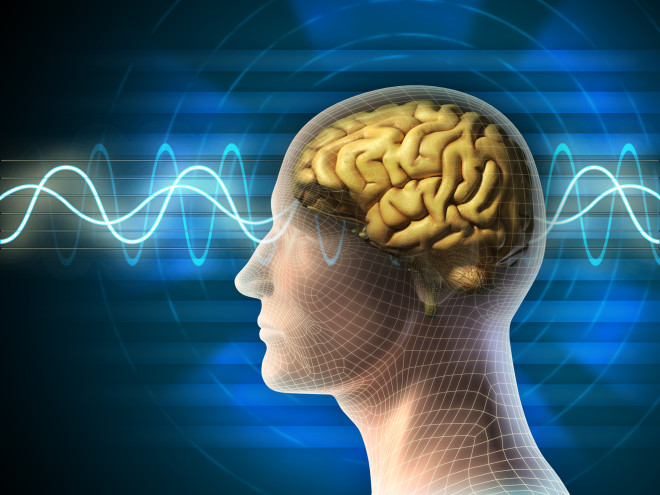Every fan of music knows the tremendous power it can have over both thoughts and emotions. Great music can transform an ordinary day into something magical, even spiritual. It can provide solace, release, strong sensations and more. But music’s influence spreads further still: right up from our genetic code, through our thoughts and bodies and out into how we relate in groups.
1. Improve verbal IQ
Practising the piano won’t just improve your musical abilities, it can also improve your visual and verbal skills.
A study of 8 to 11-year-olds found that, those who had extra-curricular music classes, developed higher verbal IQ, and visual abilities, in comparison to those with no musical training (Forgeard et al., 2008).
This shows the benefits of learning an instrument are not purely musical, but extend into cognition and visual perception.
2. Feeling the chills
Have you ever felt chills down your spine while listening to music? According to a study by Nusbaum and Silvia (2010), over 90% of us have.
How much you feel, though, depends on your personality. People who are high in one of the five personality dimensions called ‘openness to experience’, are likely to feel the most chills while listening to music.
In the study, people high in openness to experience were more likely to play a musical instrument, and more likely to rate music as important to them.
3. Active listening amps up happiness
If you’re not feeling the chills, perhaps you should try a little harder.
A recent study contradicts the old advice that actively trying to feel happier is useless.
In research by Ferguson and Sheldon (2013), participants who listened to upbeat classical compositions by Aaron Copland, while actively trying to feel happier, felt their moods lift more than those who passively listened to the music.
This suggests that engaging with music, rather than allowing it to wash over us, gives the experience extra emotional power.
4. Singing together brings us together
Since music is often a social activity, making it together can help bring us together.
A study of almost one thousand Finnish pupils who took part in extended music classes, found they reported higher satisfaction at school in almost every area, even those not related to the music classes themselves (Eerola & Eerola, 2013)
Explaining the results, the lead researcher Päivi-Sisko Eerola, said:
“Singing in a choir and ensemble performance are popular activities at extended music classes. Other studies have established that people find it very satisfying to synchronize with one another. That increases affiliation within the group and may even make people like each other more than before.”
5. Music treats heart disease
…or at least it can help with the stress and anxiety associated with having treatment for coronary heart disease.
A review of 23 studies covering almost 1,500 patients found that listening to music reduced heart rate, blood pressure and anxiety in heart disease patients (Bradt & Dileo, 2009).
